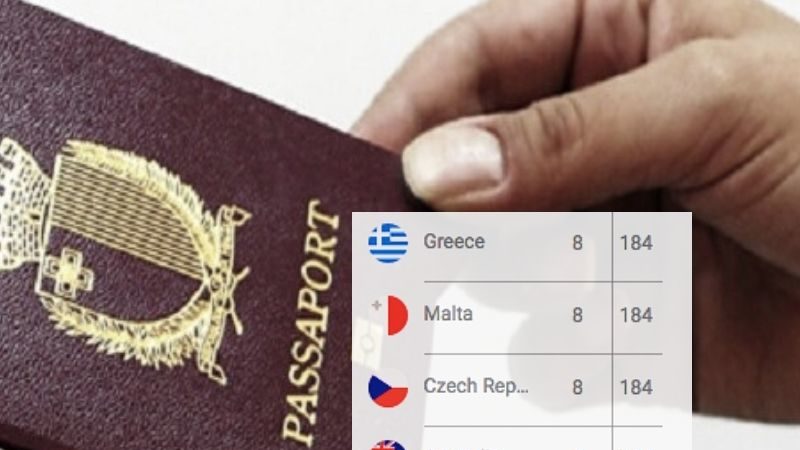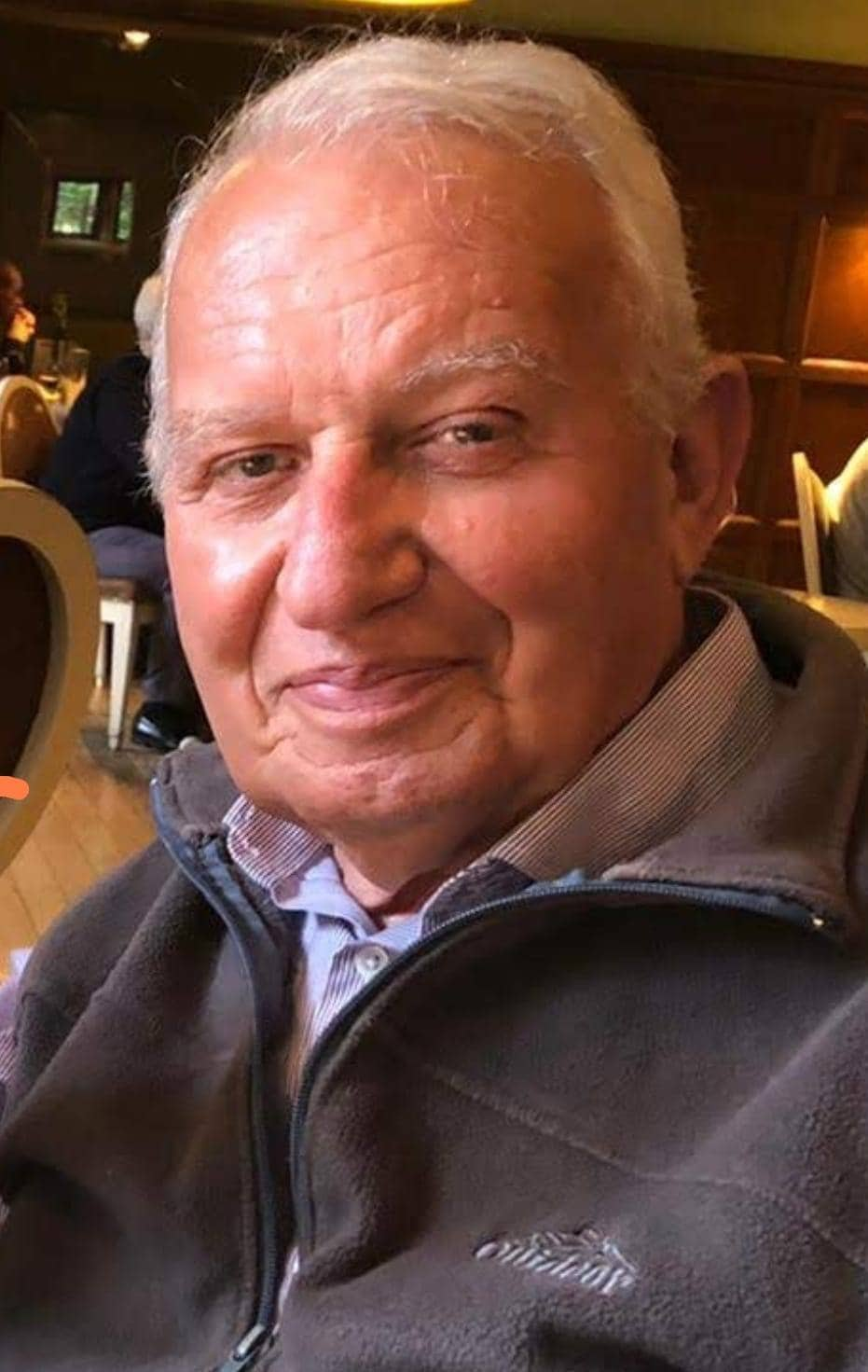On Saturday, Parliamentary Secretary for Citizenship Alex Muscat was quick to comment on a global ranking score by passport firm Henley & Partners, which placed the Maltese passport “among the best 10 passports in the world”.
In a report on Labour Party media, Muscat called the passport “strong” and deemed the ranking as “an honour”. He emphasised that the strength of Malta’s passport is due to Malta’s “good reputation”, and has strengthened “despite the harm that was attempted against it from the Opposition”.
In reality, the index states that the more each passport offers access to countries “visa-free”, the higher the ranking. As an EU Member State, Malta has a strong advantage.
Quoting CNN, who had previously reported the Henley Passport Index: Q1 2021 Global Ranking, the governing Labour Party’s TV station ONE showed that Malta scored eighth out of some 110 countries. Yet another three countries ranked eighth. Six were in seventh, five were in sixth place, and so on.
The methodology used for the index caught the eye of Forbes journalist Tim Lai, who questioned whether there exists a relationship between the methodology used and the ties between the firm and the passport:
“One wonders whether this has anything to do with their intrinsic business of selling legal services to assist with the application of citizenships by investment. After all, advertising their own services for acquiring a Maltese passport sounds much more enticing as 8th best rather than its more factual joint 22nd.”
Forbes further questioned the methodology by noting that e-visas are not considered in the ranking, despite being “virtually identical” (to visas) in practice.
The index, published earlier this month, comes at a time when both Malta and Cyprus are being scrutinised by the European Union for their ‘Golden Passport’ schemes. The Union launched infringement proceedings against the countries in October, with the Commission arguing that the programmes are in violation of EU law.
Unlike Cyprus, which suspended its scheme amid revelations of alleged wrongdoings within the scheme, Malta replaced the scheme with a revamped version, with minor adjustments. In light of the infringement procedures, Muscat has said that Malta will “defend its position” on the scheme – even if it has to be taken to the European Court of Justice.
A number of “new Maltese citizens” passport holders have been linked with money laundering, fraud or tax-dodging crimes. These include Israeli businessman Anatoly Hurgin, who is charged with fraud in the US and fraud, smuggling and money laundering in Israel; Liu Zhongtian, an aluminium billionaire indicted in the US on allegations of avoiding close to $2 million in American tariffs; Boris Mints, a billionaire facing fraud charges in the UK; and Mustafa Abdel Wadood who pleaded guilty to conspiracy and fraud charges, among others.
This is not the first time that questions have been raised about conflicts of interest within the industry. In June, The Shift had reported that a Dutch law professor Dimitry Kochenov was reprimanded by the University of Groningen for failing to declare his role as an advisor to the Maltese government on its cash-for-passports scheme.
Kochenov created the Henley & Partners – Kochenov Quality of Nationality Index (QNI), that ranks the quality of nationalities around the world. He is also listed on their website as a speaker. Kochenov was also chairman of the Investment Migration Council (IMC) in Geneva, the citizenship by investment industry’s association. When The Shift visited its headquarters in Geneva, there was no sign of the association’s presence.
The IMC was set up in 2014 by stakeholders within the field “to give the industry a voice” and “to improve public understanding”. In addition, the stated aim of the IMC is to “set the standards on a global level” for the sale of citizenship and residency.
The Shift had reported that Henley & Partners is a founding member and chairman Christian Kalin sits on its governing board. When questioned by The Shift in 2019, Henley & Partners had said that it could not speak on behalf of the IMC, which it insisted is a separate entity.
To suggest that IMC is a “marketing and lobbying tool for the industry, specifically Henley & Partners, is untenable,” the firm had said.
In 2018, Henley & Partners spent up to €300,000 on lobbying efforts on the main EU initiatives, policies and laws relating to citizenship and immigration policies and their application in Member States, such as Malta, according to the EU’s transparency register.















Pimping passports to shady clients via someone straight out of MARVEL comics – and the government is absolutely fine with this?
I fail to understand how any of this is praiseworthy or defensible.